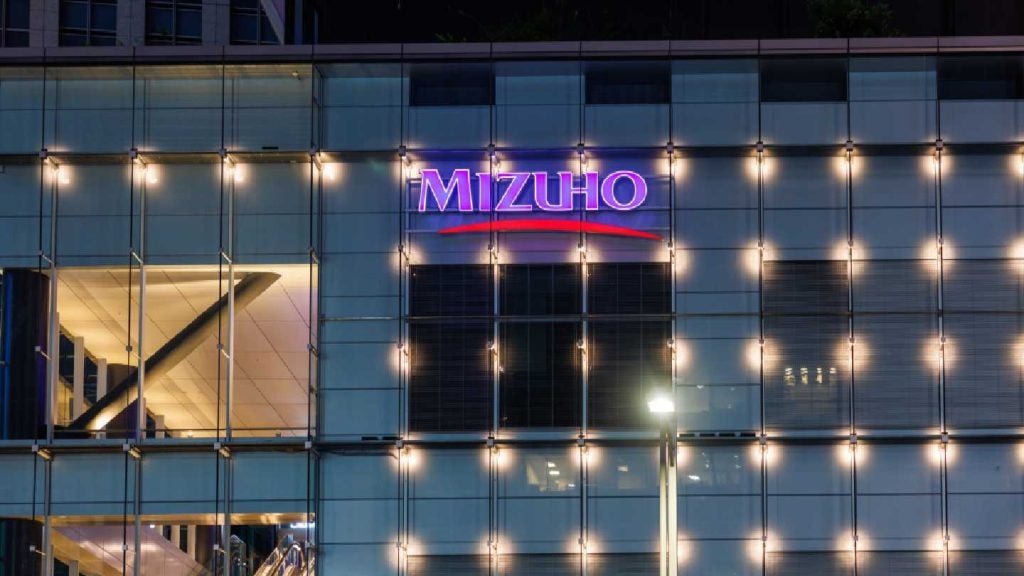China has continued the liberalisation of its financial services sector by eliminating quota cap for its US dollar-denominated qualified foreign institutional investor (QFII) scheme and its yuan-denominated sibling RQFII.
The quota restriction removal will be effective on 6 June, enabling more foreign investment in China’s financial market.

Access deeper industry intelligence
Experience unmatched clarity with a single platform that combines unique data, AI, and human expertise.
The move comes at a time when the sector is hit by turbulent market conditions due to the Covid-19 crisis.
The two inbound investment schemes will now facilitate money flow in and out of the country for foreign investors with only a registration process, said the State Administration of Foreign Exchange (SAFE) and the country’s central bank.
QFII and RQFII were launched in 2002 and 2011, respectively, to boost foreign investment.
SAFE said that over 400 institutional investors from 31 countries have invested through the schemes.

US Tariffs are shifting - will you react or anticipate?
Don’t let policy changes catch you off guard. Stay proactive with real-time data and expert analysis.
By GlobalDataWatchdogs also intend to expand the scope of the two schemes to incorporate private investment funds, financial futures, commodities futures and options, IPOs as well as secondary stock offerings.
At present, the scope is limited to stocks, bonds and warrants, securities investment funds, stock index futures, and fixed income products in the interbank bond market.
China has already scrapped foreign ownership restrictions in the fund management and securities businesses from this April.
In 2018, UBS became the first foreign bank to get approval for a controlling stake in its China JV.
JPMorgan, Credit Suisse, Goldman Sachs, and Morgan Stanley also received approval for the same recently.







